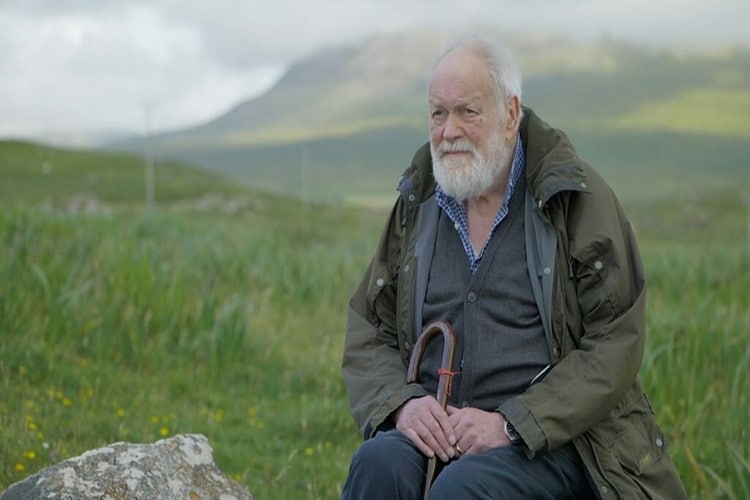Michael Longley is an Irish poet. In 2007 when he was awarded the prestigious T. S. Eliot Prize for Poetry for his collection “Snow Water.”
Life and Career
Michael Longley was born on 27 July 1939, in Belfast, Northern Ireland. He attended the Royal Belfast Academical Institution and later studied at Trinity College Dublin, where he read Classics and graduated with honors in 1960. Longley’s education deeply influenced his poetic sensibilities, evident in the classical allusions and themes that permeate his work.
After completing his education, he worked as a teacher for several years, which provided him with ample time to hone his craft as a poet.
In 1969, Longley published his first major collection of poetry, titled “No Continuing City.” This collection received significant praise and marked the beginning of his distinguished career as a poet. Over the years, Longley continued to publish numerous collections, each exploring themes of nature, love, history, and the Troubles in Northern Ireland.
One of his most celebrated works is “Gorse Fires,” published in 1991, which delves into the complexities of Irish identity and history. Longley’s poetry is known for its lyrical beauty, meticulous craftsmanship, and profound insights into the human condition.
Award and Legacy
In 2007 when he was awarded the prestigious T. S. Eliot Prize for Poetry for his collection “Snow Water.” The T. S. Eliot Prize is one of the most prestigious awards in poetry, and Longley’s win solidified his status as one of the foremost poets of his generation.
Longley was awarded the Queen’s Gold Medal for Poetry in 2000, a prestigious honor that acknowledges a lifetime contribution to poetry in the United Kingdom.
Longley’s poetry has had a profound influence on contemporary Irish poetry and beyond. His lyrical style, exploration of nature, history, and personal experience, as well as his engagement with the Troubles in Northern Ireland, have inspired subsequent generations of poets.
Apart from his poetry, Longley has contributed extensively to literary criticism and essays, offering insights into his own work and that of other poets. His reflections on poetry and its role in society have enriched literary discourse.
Longley’s work has been studied and celebrated in academic settings worldwide, contributing to the understanding of Irish literature, poetry, and cultural history.

